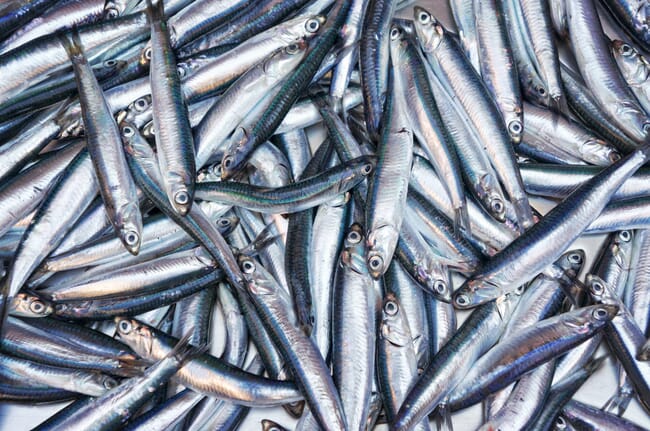After reading Until the seas run dry: How industrial aquaculture is plundering the ocean, by the Changing Markets Foundation, IFFO “thought it important to respond and set out some of the facts”.
“While the Sustainable Fisheries Partnership (SFP) report on reduction fisheries published in 2018 outlines that 91 percent of the major stocks under analysis in the report were ‘reasonably-well managed, or better’, IFFO is disappointed to read an inaccurate document which ignores the facts and realities of the fishmeal and fish oil sector. The majority of wild-caught fish is responsibly sourced and is an essential resource in support of global protein production. Moreover the use of trimmings and by-product from seafood processing represents at least 33 percent of total world fishmeal production, that would otherwise predominantly go to landfill. IFFO rebuts the allegations contained in this report and provides a full analysis on its website www.iffo.net,” said Petter Martin Johannessen, IFFO's director general.

Key points made by IFFO in response to the report include the multiplier effect of fishmeal and fish oil have in terms of protein production.
“Calls to remove fishmeal from animal feeds ignore the availability of responsibly sourced raw material as an essential resource in support of global protein production. Global aquaculture converts this resource into edible protein that shows a very marked multiplier effect, where approximately 5 million tonnes of fishmeal every year contributes to approximately 23 million tonnes of aquaculture, as well as several million tonnes of pork and poultry, not to mention all the pets and human beings that also benefit from the consumption of other products including omega-3 oils,” says IFFO.
And, while the organisation acknowledges that not all fishmeal and fish oil is responsibly sourced, IFFO argues that it plays an integral part in increasing the proportion that is.
“Although as a reflection of the total volume of supply these are minor volumes, IFFO is aware that there are some regions of the world where there may still be challenges in the responsible sourcing of material for fishmeal and fish oil production and support positive change. IFFO regularly funds projects (along with another global not-for-profit organisation) to look at the situation on the ground and see where positive change may be made. One way the industry can support those positive changes is actually via the IFFO RS scheme, which, through its Improver Programme, presents a realistic and accessible system that permits local producers to work together to improve effective management of fish stocks,” the organisation comments.
IFFO also makes two key points relating to the need to cater to consumer tastes.
“To request that the aquaculture industry focus on species that do not require feed, or species that may utilise a vegetarian diet ignores the realities of the economics of aquaculture, whereby the industry is only effective when it produces a product for which there is an actual market for the fish that people want to eat. Moreover, the production of marine ingredients like fishmeal and fish oil do not require the same levels of fresh water for irrigation, treatment with agricultural chemicals such as fertilizers and pesticides, or use land needed to grow crops,” they argue.
“The recommendation for consumers to ‘reduce fish consumption’ ignores the strength of the market for farmed seafood production and its great success in providing nutritious edible protein (eg farmed salmon and shrimp). Consumers want the product because as well as being appealing to their tastes it is also healthy and nutritious,” they add.



